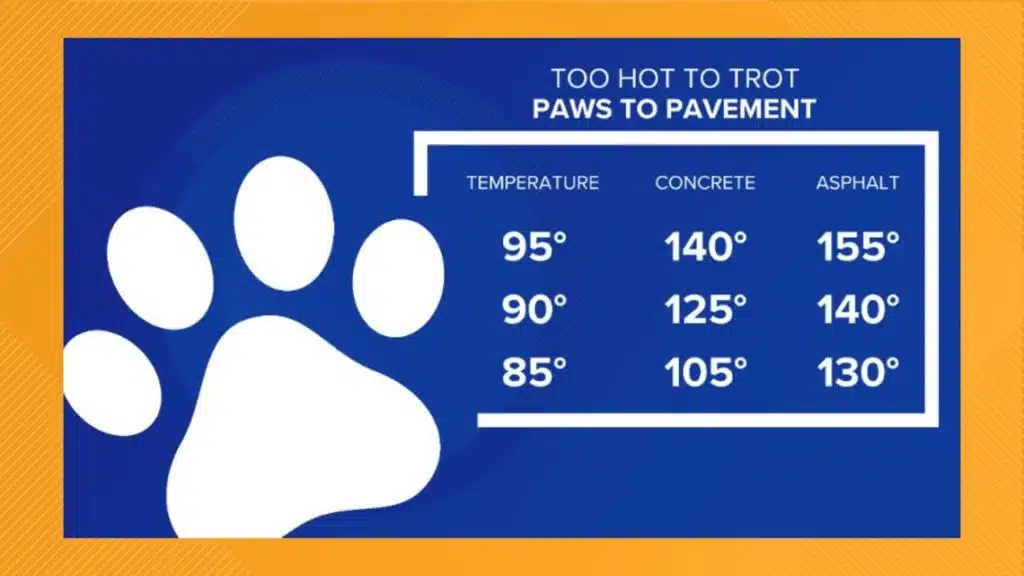Article excerpted from the American Red Cross
Floridians know that the weather over the next few months will be steamy and HOT. Extreme heat is dangerous for us, as well as for your family pets. The American Red Cross has steps to take to help ensure your pet stays safe this summer:
- Never leave your pet in a hot vehicle, even for a few minutes. The inside temperature of the car can quickly reach 120 degrees even with the windows cracked open.
- Limit exercise on hot days. Exercise in the early morning or evening hours.
- Walk your pet in the grass if possible, to avoid hot surfaces burning their paws.
- If your pet is outside, make sure they have access to shade and plenty of cool water.
- Water safety is important for your furry friends. Do not leave pets unsupervised around a pool—they aren’t all good swimmers
- Watch your pets at a backyard barbecue. Keep them away from the grill and know that some food can be poisonous to them. Avoid raisins, grapes, onions, chocolate and products with artificial sweeteners.
- Heat stroke is a common problem for pets in the warmer weather. Dogs with short noses or snouts, like the boxer or bulldog, are especially prone to heat stroke, along with overweight pets, those with extremely thick fur coat or any pet with upper respiratory problems such as laryngeal paralysis or collapsing trachea. Some of the signs of heat stroke in your pet are:
- Heavy panting and unable to calm down, even when lying down
- Brick red gum color
- Fast pulse rate
- Unable to get up
- If you suspect your pet has heat stroke, take their temperature rectally.
- If the temperature is above 105 degrees, cool the animal down. The easiest way to do this is by using the water hose. Stop cooling the animal when the temperature reaches 103 degrees.
- Bring your pet to the veterinarian as soon as possible as heat stroke can lead to severe organ dysfunction and damage.
- Open windows or doors are a temptation for pets to try to get outside. Keep all doors and unscreened windows closed, and make sure screens are tightly secured
- Some plants in your garden can be hazardous to animals. Visit the Animal Poison Control Center to find out which plants and flowers are poisonous to animals.
Follow these important steps to help keep your pet at their best:
- Give your pet plenty of exercise. Regular exercise will help your pet feel better and live longer.
- Get to know a veterinarian and make sure your pet has yearly checkups.
- Make sure your pet is up to date on vaccines, especially rabies.
- Get your pet spayed or neutered.
- Keep dogs on leashes outside—another animal may be too much temptation.
- Know how to perform CPR and provide basic first aid until veterinary care is available.
Pay attention to the temperature. Road surfaces get hot enough to seriously burn your pets feet. Be safe, keep cool and enjoy Florida!



